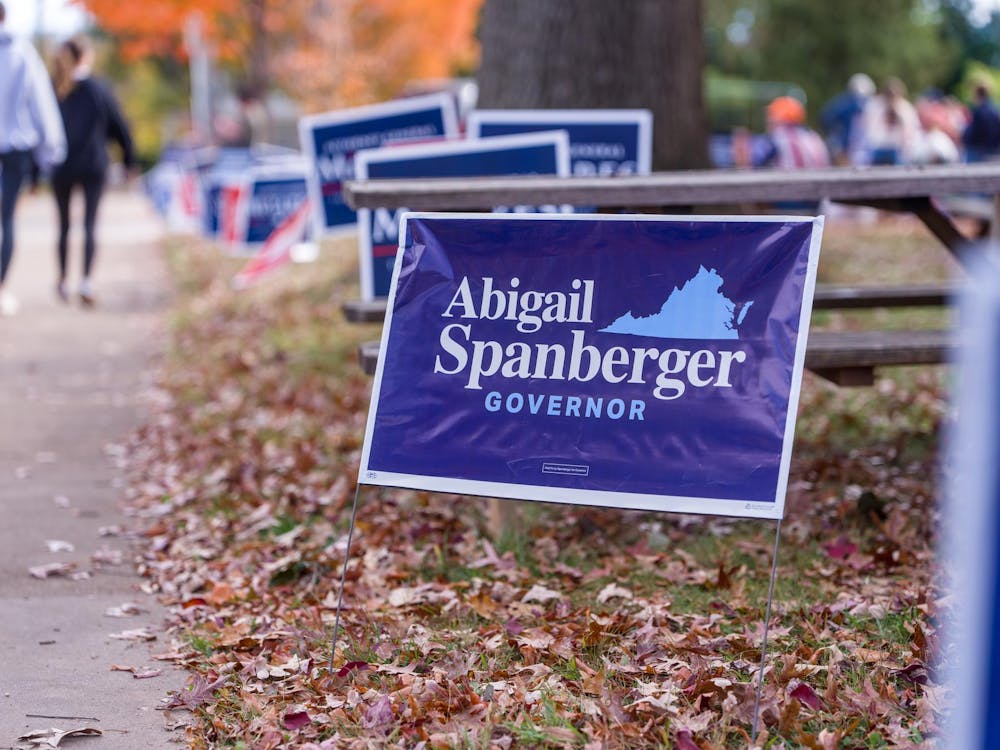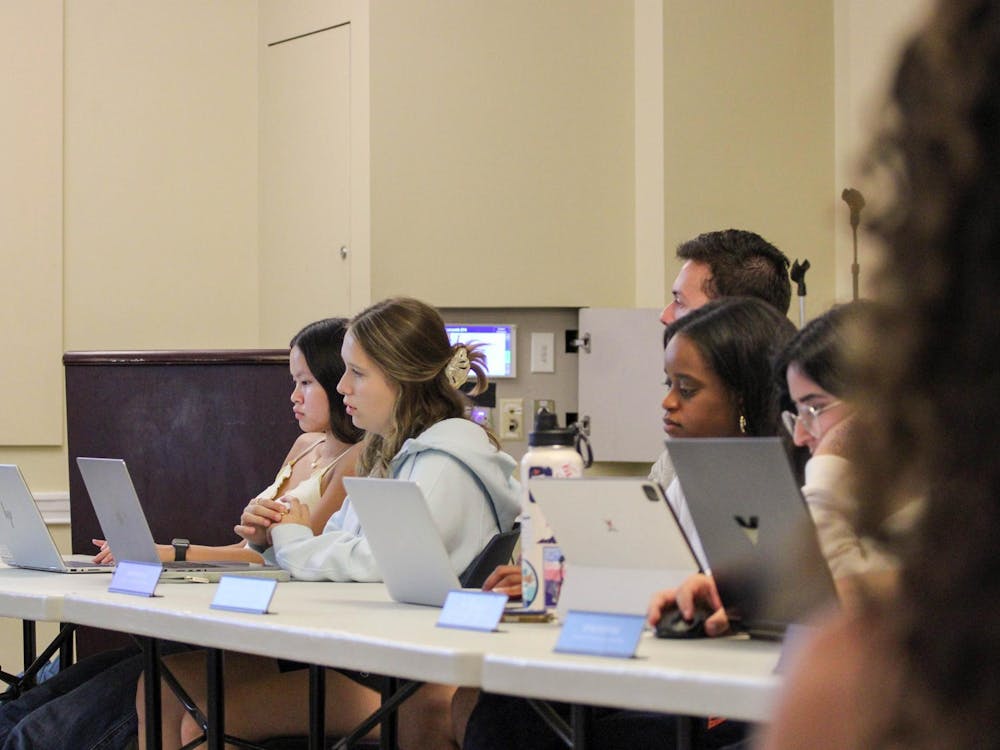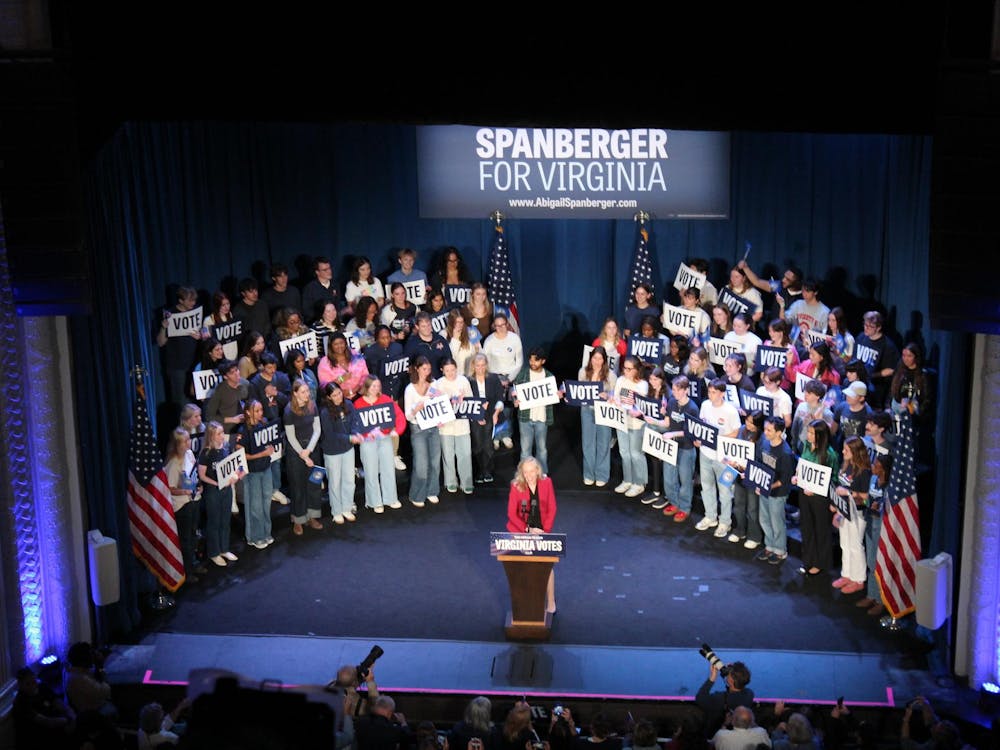In an attempt to promote civic participation among young people, the University's Center for Governmental Studies is undertaking a Youth Leadership Initiative, which aims to educate school-age children about politics.
To do so, the Initiative will use a citizenship curriculum, annual online mock elections and student-candidate debates.
Larry J. Sabato, government and foreign affairs professor, said he has wanted to organize a program like this for years and is glad to see the Initiative become a reality.
"I wanted to reach out beyond the University community to improve the level of civic education," Sabato said.
He attributed a decline in political participation throughout the country to a lack of appropriate emphasis on civic education in public schools. He also pointed to a general cynicism among young people following scandals such as Watergate and Iran-Contra.
"I won't be satisfied until politics is part of the rhythm of life," he said. "You have to start when people are young."
The Youth Leadership Initiative program combines civic participation, academic excellence and community service to try to create an environment where students can learn about the American political process, Initiative Director Ken Stroupe said.
The program was launched this fall and officially kicked off at the beginning of the academic year. Sixteen public and private schools statewide now are participating in the program, but organizers said they hope to expand statewide next year and nationwide by 2004.
On Friday and Saturday, schools from Albemarle County and Charlottesville, Richmond and the Shenandoah Valley sent student leaders to the University to attend a conference about the positive aspects of becoming involved in the political process.
Later this fall, students in the program will vote online in a mock election for their state and local representatives, using a ballot designed especially for their precincts.
When they cast their votes, the students will be participating in the largest Internet ballot in the nation's history, Stroupe said.
He said Internet balloting is likely to become a reality within the next decade, as the younger, computer-savvy generation comes of age.
"Having grown up using computers, they recognize that computers can be an effective means of communication and of business transactions," he added.
Political participation will begin to increase if people realize that one individual can make a significant difference and that politics can be positive, Stroupe said.
"If you're involved, you will have the singular ability to change the system," he said.






